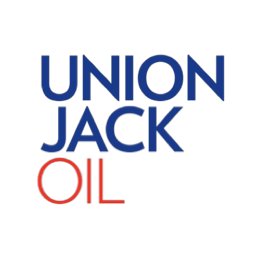Oil prices edged higher on Monday, bouncing back from last week’s decline as traders appeared to brush off fresh trade tensions stirred by U.S. President Donald Trump. Despite looming tariff threats on steel and aluminium, investors remained focused on broader market fundamentals, stabilising crude prices after recent volatility.
Brent crude rose by 1% to $75.40 a barrel, while U.S. West Texas Intermediate also climbed by the same margin, reaching $71.72. The market had faced three straight weeks of losses due to fears that a global trade war could slow economic growth and weigh on energy demand. However, analysts suggest that traders are beginning to see tariff headlines as part of an ongoing cycle rather than immediate threats to market stability.
Trump’s latest move to impose a 25% tariff on steel and aluminium imports marked another escalation in his trade policy. Just a week earlier, he had announced tariffs on Canada, Mexico, and China, only to reverse course for neighbouring countries shortly after. This back-and-forth has led some investors to adopt a more measured response, recognising the unpredictability of trade policies and their potential reversals.
China’s retaliatory tariffs on U.S. exports are set to take effect, adding to the uncertainty. Meanwhile, U.S. energy firms are seeking waivers from Beijing for crude and liquefied natural gas imports, highlighting the stakes for the oil and gas sector. The impact of these trade tensions remains unclear, but markets appear more resilient to short-term fluctuations.
Market analysts at Citi predict that oil prices could trend downward in the coming months, with Brent averaging between $60 and $65 per barrel in the second half of 2025. While Trump’s policies aim to curb energy costs, broader geopolitical and supply chain factors could counterbalance his influence on the market.
Union Jack Oil plc (LON:UJO) is an oil and gas company with a focus on onshore production, development, exploration and investment opportunities within the United Kingdom and the United States of America hydrocarbon sector.

